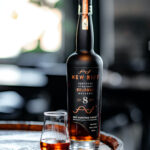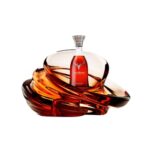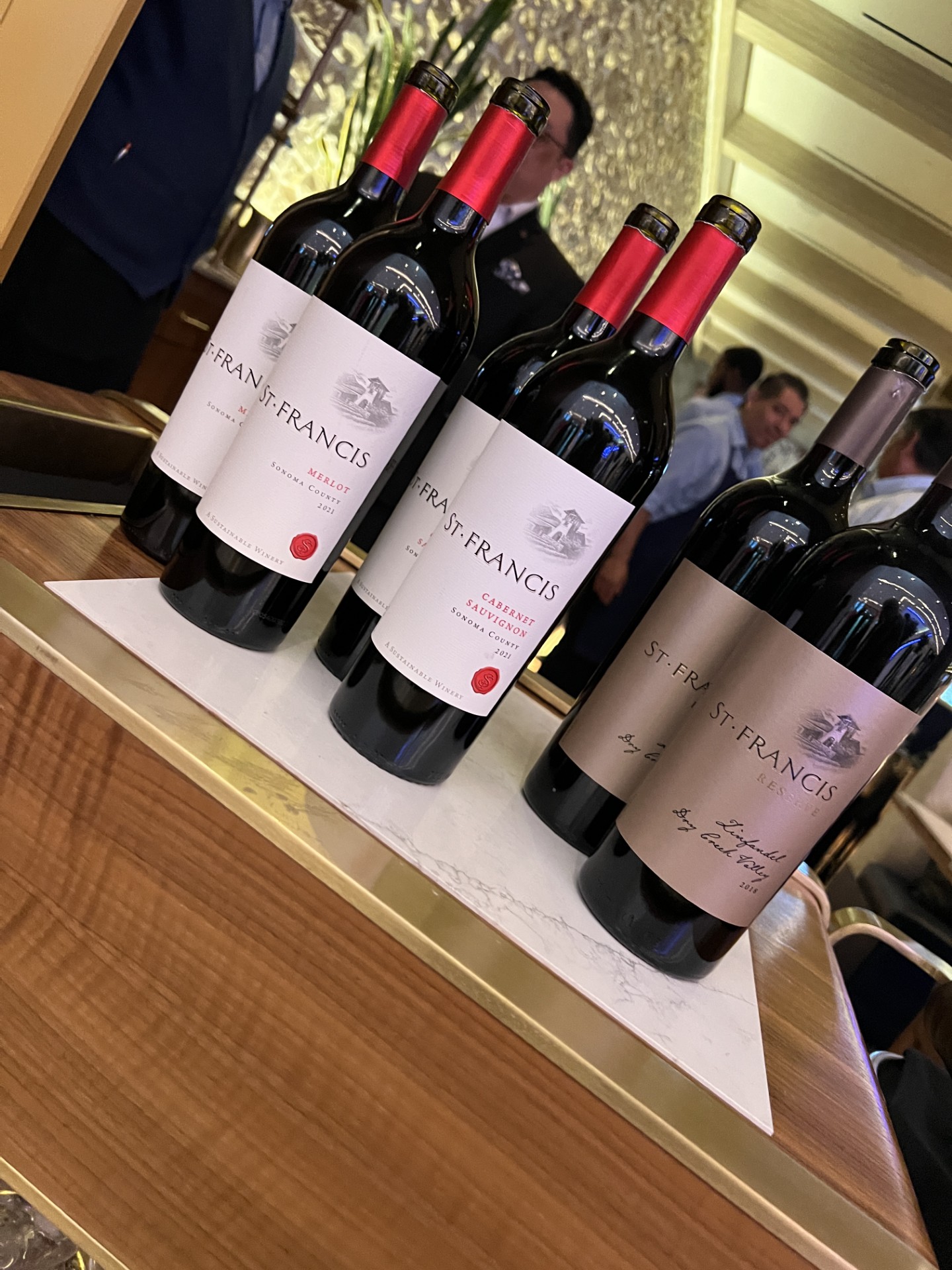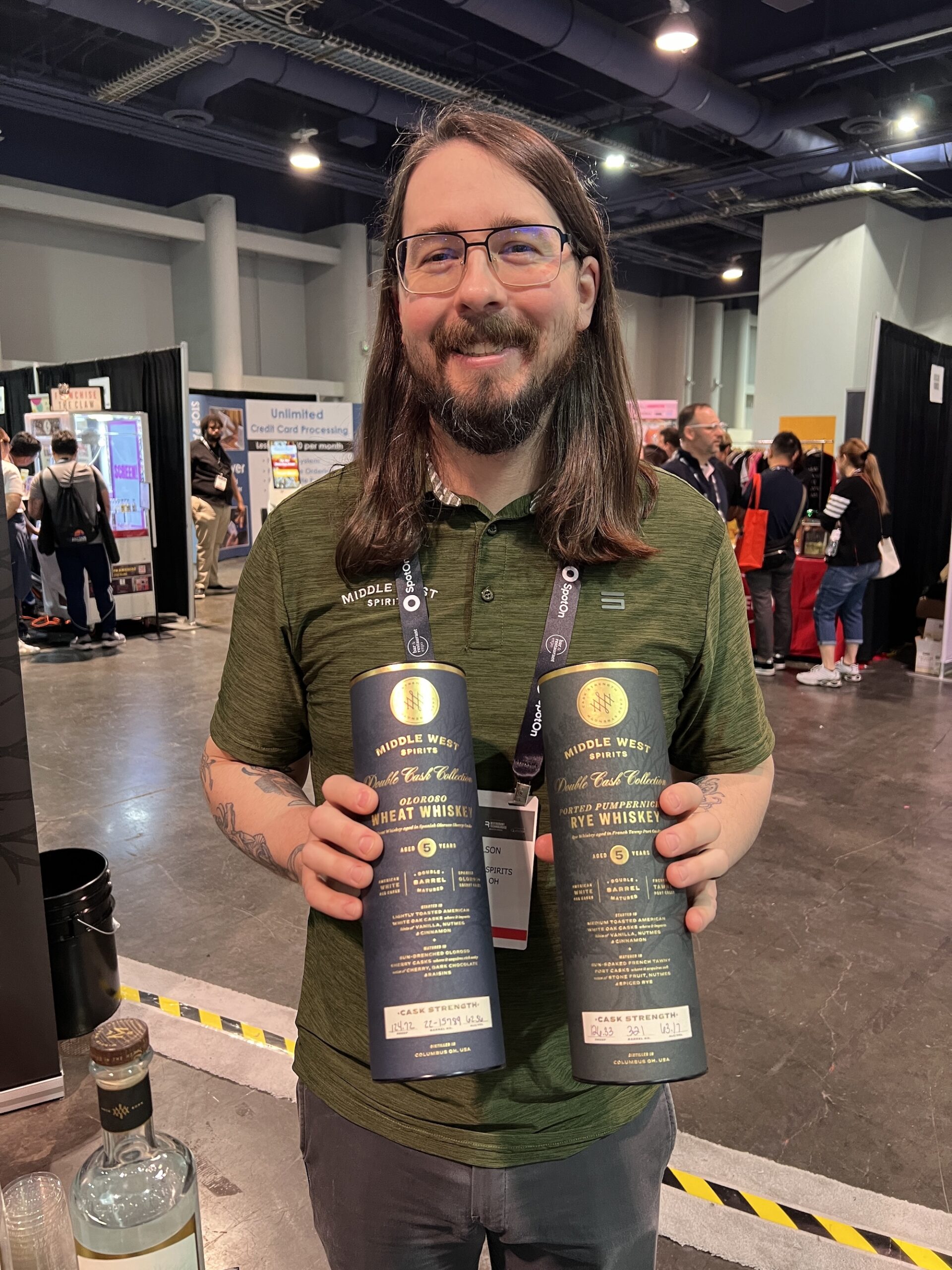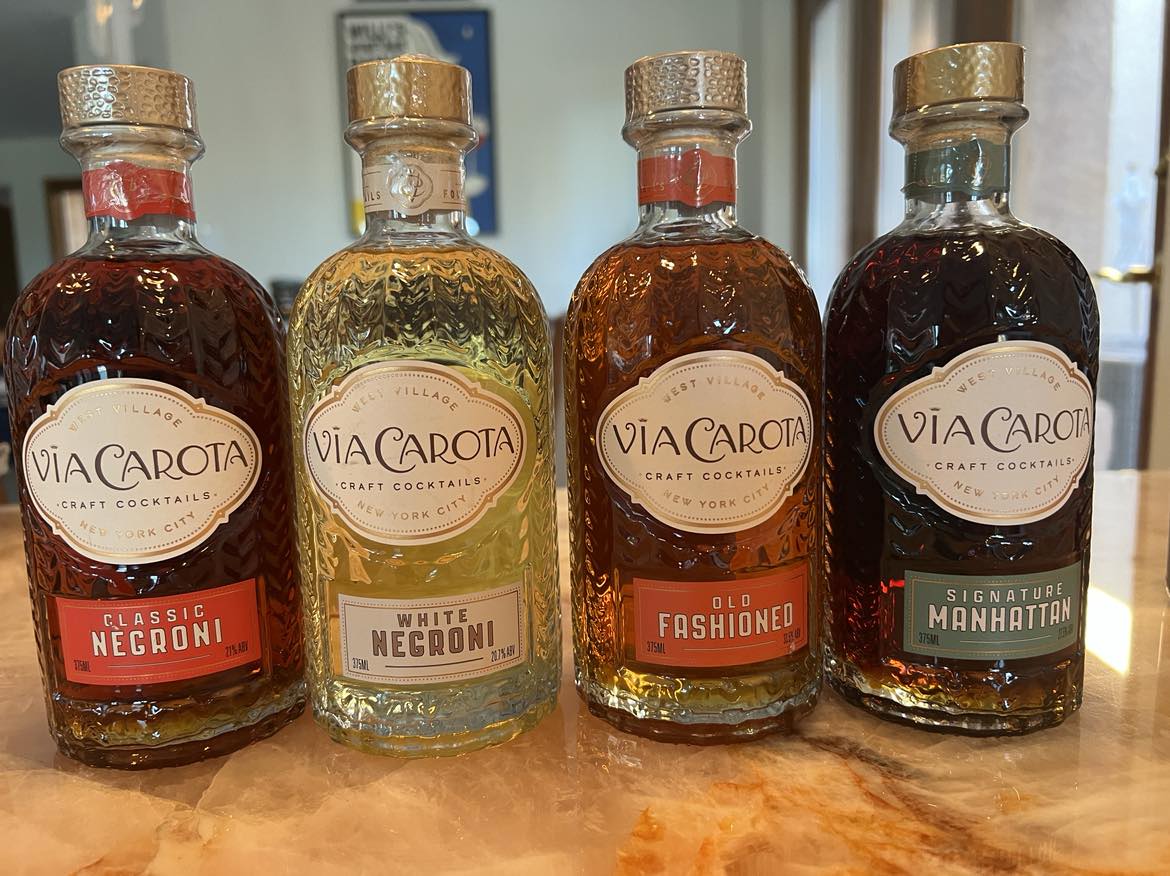Okay, if you’ve been following some of the results from my Scotch of the month club blind tastings, you know that I can usually guess which Scotch I’m drinking, but have been failing miserably in the descriptors.
So, this time, I went to ForScotchLovers.com and equipped myself with some study notes that I will now, like we wine 101ers do with wine notes, keep handy:
Glossary of Scotch Whisky Tasting Terms
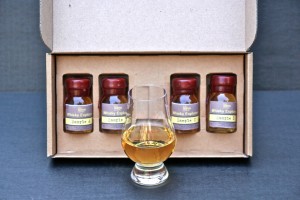 courtesy Joshua McGee of mcgees.org
courtesy Joshua McGee of mcgees.org
- Austere: Seemingly stern, severe, and unadorned in character.
- Balanced: One flavor or aroma element does not dominate.
- Big: To be contrasted with “subtle”. Bold, dominant, hard to ignore flavors and presence in the mouth.
- Body: Refers to mouthfeel.
- Cerealy: Evocative of grain associations.
- Cerebral: Complex and begging careful attention and analysis. Frequently also implies that such analysis is difficult.
- Complex: Seeming to possess many layers of flavor, for which time is needed to examine and characterize all of them.
- Creamy: Possessing the mouthfeel of, say, half & half.
- Dark flavors: Reminiscent of flavors like molasses or Vegemite.
- Dignified: This is hard to describe. It reflects that it does not taste cloying or youthful. Usually clear, resonant flavors.
- Drambuie: A trademarked name for a particular liqueur composed of on scotch whisky, honey, and herbs.
- Dry: Astringent and not sweet. In extreme cases the spirit can feel as if it contains no moisture.
- Estery: Aroma contains chemical esters. These are generally light, fruity, floral scents.
- Ethanol: The particular alcohol that we are referring to when we say “alcohol”.
- Finish: The time period in malt tasting after one has swallowed the spirit.
- Firm: Refers to mouthfeel. Contrast with “soft”.
- Grassy: Aldehydic, reminiscent of grass.
- Harsh: An unpleasantly aggressive or caustic flavor or feeling to the mouth or nose.
- Heather: Reminiscent of the aroma of heather.
- Herbal: Reminiscent of kitchen herbs such as thyme, basil, lavender, or chamomile.
- Hot: Reminiscent of physical warmth, like freshly-brewed coffee.
- Late Palate: The time period in malt tasting after the spirit has been in the mouth for a while but has not yet been swallowed.
- Malt, Malty: Refers to the aroma and flavor of malted barley. “Malt” can also be an abbreviation of “Single Malt Scotch Whisky”.
- Medicinal: Evocative of memories of liquid medicines.
- Mouth-coating: Giving the impression that it has coated the inside of your mouth, as with a syrup.
- Mouthfeel: The tactile feel of the malt in the mouth. Largely a reflection of the physical qualities, but can also be significantly affected by flavor elements.
- Nose: Aroma. When used as a verb, means to sample the aroma.
- Nutty: Evocative of the taste of nuts, or reminiscent of the alkaloid qualities of some nuts.
- Oaky: Influenced by aging in an oak cask. Implies a woody, spicy, astringent character.
- Orange, Orangey: Reminiscent of the citrus fruit of that name.
- Palate: Two meanings. Means either the taste components of the malt, or the time period when the spirit is in one’s mouth.
- Peat, Peaty: Peat is a fuel formed of compacted vegetative layers harvested from the moors. A peat fire has traditionally provided the heat to dry the malted barley used in scotch whisky production. A significant flavor element in many malts, this heavy, smoky, somewhat vegetative flavor is imparted by the distillery water having run over peat, the peat smoke used in the drying process, or both.
- Peppery: Reminiscent of black pepper or hot chile peppers. Contrast with “spicy”.
- Phenolic: Aroma contains chemical phenols. These are generally heavy, thick, tar-like scents.
- Rich: Possessing robust, highly-flavored elements, usually with a thick mouthfeel.
- Salt, Salty: Whether or not the spirit actually contains NaCl, this term denotes the perception of salinity.
- Sherried: Influenced by aging in a sherry cask. Usually implies a sweet, somewhat winey character.
- Sherry: Reminiscent of the fortified wine of that name.
- Smoke, Smokey: Evocative of the flavor of smoke. Sometimes this is peat smoke, but other times the smoke is reminiscent of bonfires, leaf fires, log fireplaces, cigar tobacco, pipe tobacco, or something else.
- Soft: Refers to mouthfeel. Like a marshmallow. Contrast with “firm”.
- Spicy: Reminiscent of spices such as cinnamon, clove, or nutmeg. Contrast with “peppery”.
- Spirity: Denotes the obvious presence of ethanol.
- Subtle: The elements of interest are not obvious on the palate. Contrast with “big”.
- Sweet: Either sweet in itself, or reminiscent of sweetness. Frequently implies a “wet” feeling in the mouth (contrast with “dry”.)
- Vegetative: Reminiscent of green plants, especially grasses.
- Viscous: Refers to mouthfeel.
- Youthful: Full of vibrant, volatile, light characteristics. Flavors may not be well integrated, although they may be. Think of a young wine.
- Warm: Similar to “hot”, but to a lesser degree.
- Winey: Reminiscent of wine.

